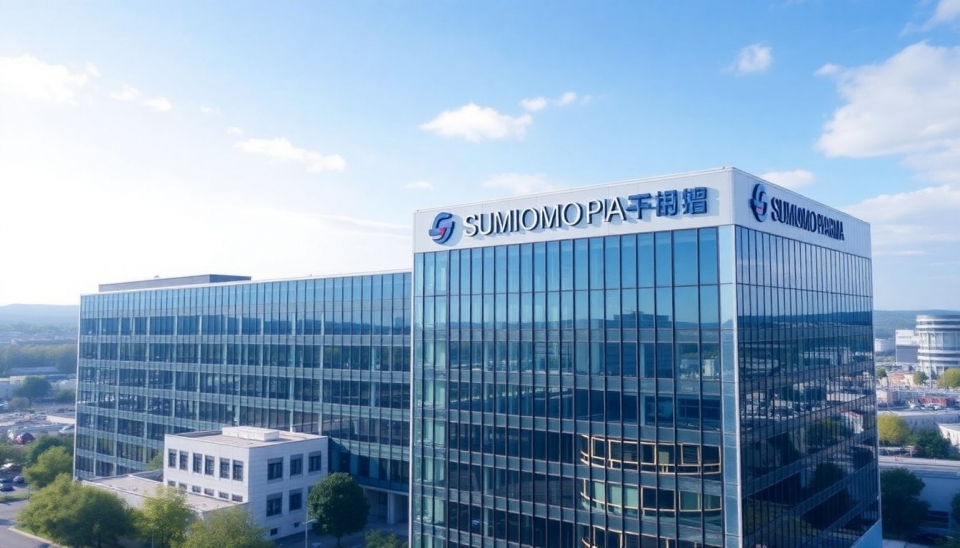
In a notable address, Arm Holdings CEO Rene Haas unveiled the company's strategic perspective on Malaysia's ambitious goal of becoming a major player in the semiconductor sector, committing to a staggering $270 billion over the next decade. This initiative is pivotal as nations scramble to establish themselves in the competitive chip-making landscape.
During his conversation, Haas emphasized that Malaysia is poised to solidify its position within a burgeoning industry that has become increasingly significant in global economics. He noted that the country's efforts signal a broader recognition of the critical role semiconductors play in various sectors, from consumer electronics to automotive technology.
Malaysia's aggressive push to develop its semiconductor ecosystem is manifested through large investments aimed at bolstering local manufacturing capabilities. The CEO pointed out that the country already possesses a robust infrastructure for electronic assembly and has attracted significant foreign investments, positioning it as an attractive destination for semiconductor firms.
Furthermore, Haas highlighted the collaboration opportunities that lie ahead, noting that companies like Arm can play a crucial role in facilitating knowledge transfer and technological expertise to local firms. He underscored the importance of nurturing local talent and fostering innovation to ensure sustainable growth within the industry.
As the world becomes increasingly reliant on advanced chips for everything from smartphones to AI applications, Malaysia's commitment to developing a competitive edge in the semiconductor field may place it at the forefront of this critical evolution. The move is expected to generate numerous job opportunities and promotes the establishment of a comprehensive ecosystem that includes research and development.
Haas concluded by expressing optimism about the global semiconductor market's future, citing strong demand that will drive growth and innovation. With Malaysia's ambitious plans now revealed, the industry will be paying close attention to how these strategies unfold and potentially reshape the semiconductor landscape in Southeast Asia.
Analysts suggest that if Malaysia successfully implements its strategy, it could significantly alter the dynamics of global chip production, challenging established powerhouses and fostering competition that could lead to technological advancements across the board.
Overall, the plans shared by Arm’s CEO outline not just the goals of a nation but also reflect the collaborative spirit required in today’s high-tech world. The emphasis on partnerships and shared growth illustrates a path forward that other countries may consider as they navigate their own semiconductor ambitions.
As this development continues, the tech world remains on alert to see how Malaysia’s bold investment will influence the global semiconductor supply chain and its implications for the future.
#Arm #Semiconductors #Malaysia #Technology #ChipManufacturing #Innovation #ReneHaas #TechInvestment #GlobalEconomy #Electronics
Author: Emily Collins




